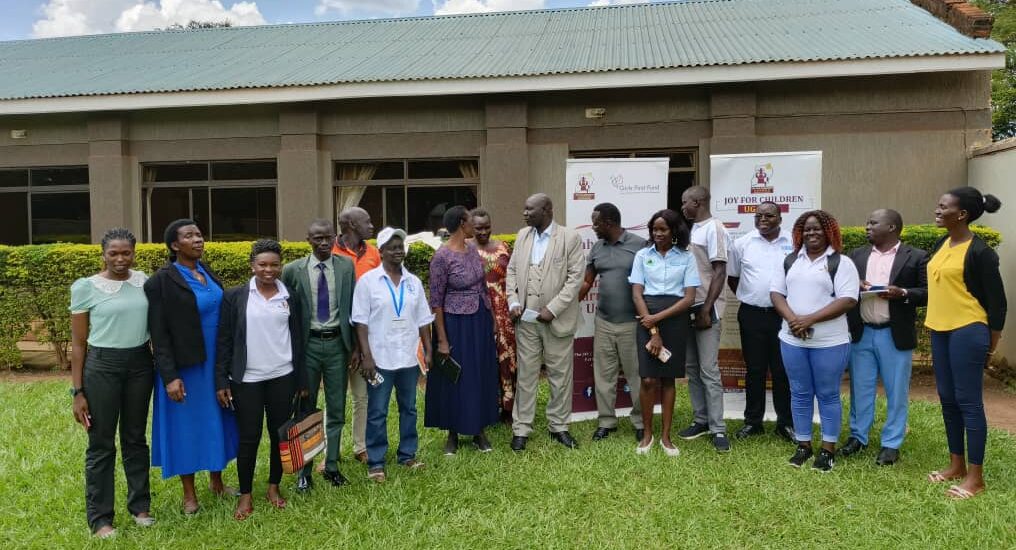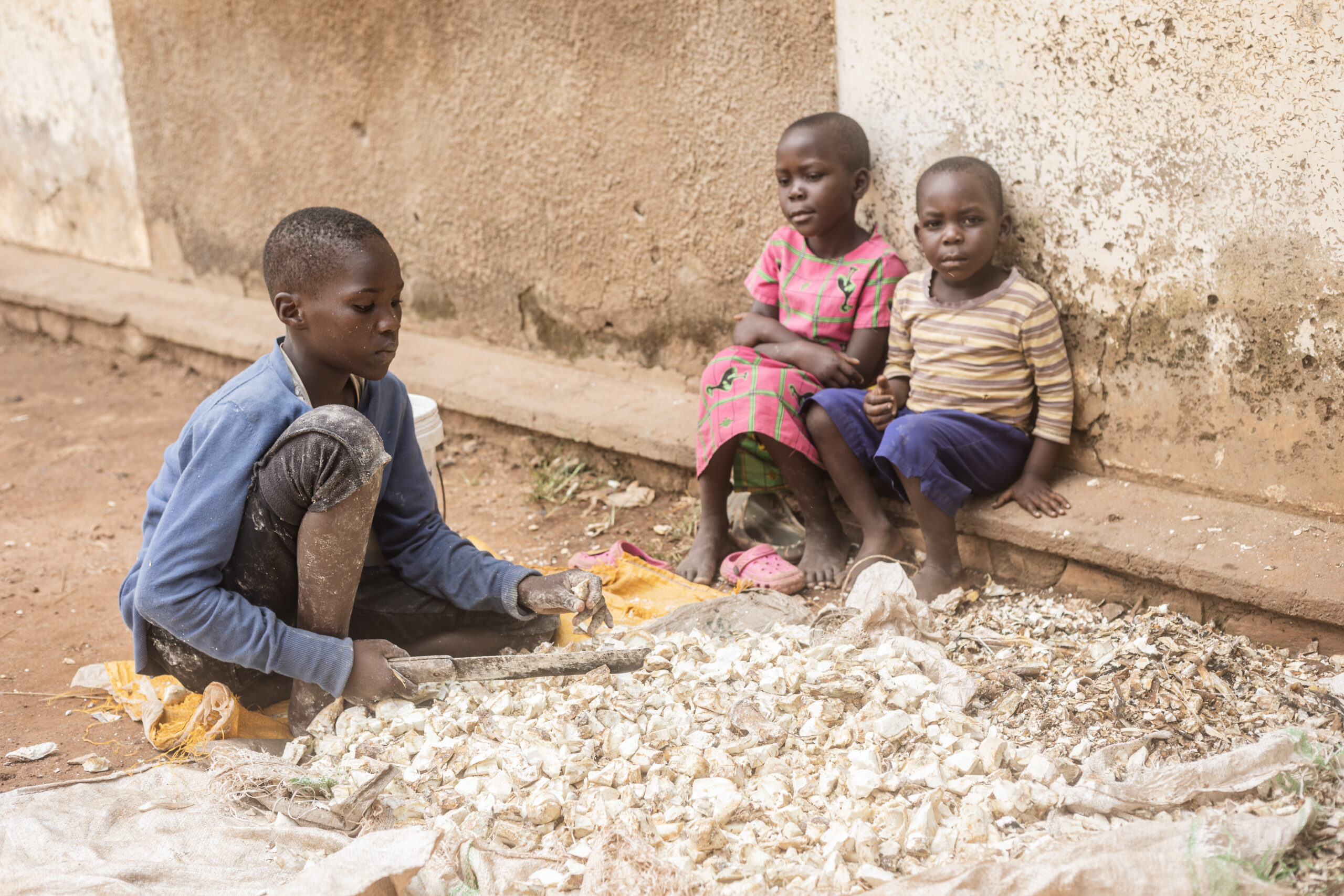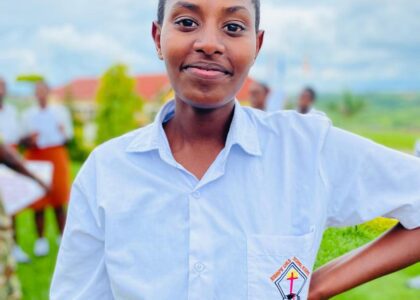In Uganda, approximately 40% of girls are married before 18, and 24% of girls aged 15-19 are either pregnant or already mothers. These issues are particularly severe in Northern Uganda, including the Acholi and Lango sub-regions, where cultural practices, economic hardships, and a history of conflict exacerbate the problem.
Addressing these challenges involves the active participation of cultural, local, and traditional leaders, who can influence social norms and enforce laws.
Joy For Children Uganda (JFCU) with support from Girls First Fund convened a stakeholder dialogue at Pacific Hotel, in Lira district, focusing on laying strategies to end child marriage and teenage pregnancy in Lango sub-region. The dialogue brought together a diverse group of participants, including cultural leaders, Lira District officials, representatives from civil society organizations (CSOs), and religious leaders, all united in their commitment to tackling this pressing issue.
Speaking at the event The District Community Development Officer (DCDO) expressed deep concern over the persistently high rates of child marriage and teenage pregnancy in the region, citing a 28% teenage pregnancy rate in Lango as of 2020. She recounted the challenges faced when engaging cultural leaders, who sometimes resist efforts to combat these practices due to deep-seated traditions and norms. She revealed that social workers working toward ending child marriage in Lango Sub-region are facing death threats.
[………there was a time when the situation of child marriages was very bad in Amach. We went there with police and conducted
a massive engagement of that community through sensitization on child protection. Furthermore, we went ahead and wrote a
position paper in 2018 to address issues of child abuse and it was disseminated to social workers and cultural leaders. I wrote a provocative paper concerning issues of child marriage and one time, while we were in a meeting engaging cultural leaders, I
shared it in the meeting. As we were going for breakfast after presenting the paper, one of the cultural leaders came to me and told me, “If you think you are going to hold that personal, you are going to die. You need to relax.” It hurt me and it still hurts me up to now because I expected the cultural leaders to come out and help us fight these issues. So, I discovered that we duty bearers don’t take issues seriously”] said the DCDO.
Cultural leaders emphasized the importance of parental involvement and the dangers of neglecting children, who are often exposed to harmful influences such as pornography or abuse. They also pointed out that traditional practices, like sending children to live with relatives, can expose them to risks that contribute to early marriage and pregnancy.
Ms Anono further revealed that some parents have now gone ahead to allow their daughters as young as 12 years old access family planning services as one of the means to reduce early pregnancies among adolescents. “When you go to a school, a girl comes and tells you ‘I’m on family planning but I bleed throughout 24/7. A girl of 12, 13, 14, 15 years old. It’s so painful!” she said.
CFPU’s Madam Akao Mary highlighted the challenges police face, such as low reporting rates and the manipulation of ages due to the lack of strict birth registration systems. She also reported that the rate of reporting cases is very low despite a number of issues in the community. She also mentioned a challenge of changing of ages due to lack of a system of formal registration at birth and had a concern of survivors tending to cooperate with the culprit which leaves the parents who report helpless.
The dialogue revealed several challenges, including the cooperation between victims and perpetrators, misconceptions about children’s rights, and the vulnerability of senior teachers. Participants recommended early dissemination of discussion topics, involving victims and teenagers in future dialogues, and extending the dialogue to local leaders and religious figures to foster broader community engagement.
This stakeholder dialogue marked a significant step in the ongoing efforts to end child marriage and teenage pregnancy across the country.
This dialogue is part to the broader project supported by the Girls First Fund, which aims to Enhancing coordination and learning to end child marriage in Uganda. This project aims to strengthen collaboration among the 34 Girls First Fund grantees working at the community, regional, and national levels to combat child marriage in Uganda among stakeholders working to end child marriage in Uganda. By fostering dialogue among diverse groups, the initiative fostered a collaborative approach to tackling these deeply entrenched issues, laying the groundwork for sustained action and positive change in the region.
At the national level, JFCU’s work supports the implementation of Uganda’s National Strategy on Ending Child Marriage and Teenage Pregnancy. JFCU has been instrumental in the development and adoption of this strategy.
JFCU’s efforts to end child marriage directly contribute to several SDGs, particularly:
- Goal 5: Gender Equality – Ending child marriage is crucial for achieving gender equality and empowering all women and girls. The focus on engaging community leaders and strengthening institutions to protect children’s rights contributes to building more just and inclusive societies.
- Goal 3: Good Health and Well-being – Addressing teenage pregnancy is vital for improving health outcomes for young girls and reducing maternal mortality rates.
- Goal 4: Quality Education – By preventing child marriage, more girls can remain in school, thereby improving educational attainment and future opportunities






